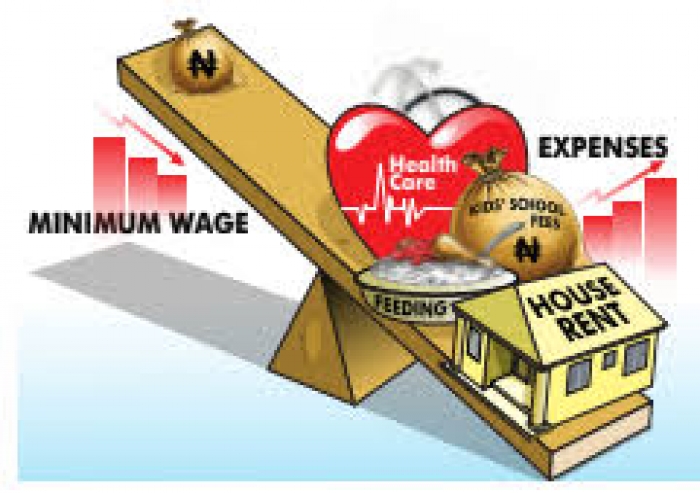May 18, 2025
Tola Adeniyi-led group commends Tinubu for Armed Forest Guards initiative
in News
by Super User
…
May 17, 2025
Nigeria's major producer halts oil feeds into key pipeline for crude exports after burst
by Super User
Nigerian oil firm Renaissance Energy has halted production on one line feeding into the Trans…
May 12, 2025
Northern leaders demand urgent action on insecurity, push for state police
in POLITICS
by Super User
Amid worsening insecurity across Nigeria, the 19 Northern governors and traditional rulers have called for…
May 18, 2025
Joe Rogan questions Big Bang theory, says he's 'sticking with Jesus' over Resurrection
in FEATURES
by Super User
Podcaster Joe Rogan recently expressed skepticism regarding the Big Bang theory and said he finds…
May 17, 2025
Woman files for divorce after ChatGPT read husband’s affair in coffee cup
in Strangely
by Super User
A Greek woman decided to divorce her husband of 12 years after ChatGPT told her…
May 18, 2025
Boko Haram kills 50 farmers in Borno
in Crime
by Super User
Boko Haram terrorists have killed at least 50 farmers in Malam Karanti village, Kukawa local…
May 18, 2025
What to know after Day 1179 of Russia-Ukraine war
in WARS
by Super User
WESTERN PERSPECTIVE Trump to speak to Russian, Ukrainian leaders on Monday after talks in Turkey…
May 11, 2025
African diet – plantains and cassava can be as healthy as tomatoes and olive oil,…
Plantains, cassava and fermented banana drink should be added to global healthy eating guidelines alongside…
May 13, 2025
Nigeria's Flying Eagles qualify for World Cup after dramatic win over Senegal
in Sport
by Super User
Nigeria's U-20 national football team, the Flying Eagles, have secured their place at the 2025…

































































